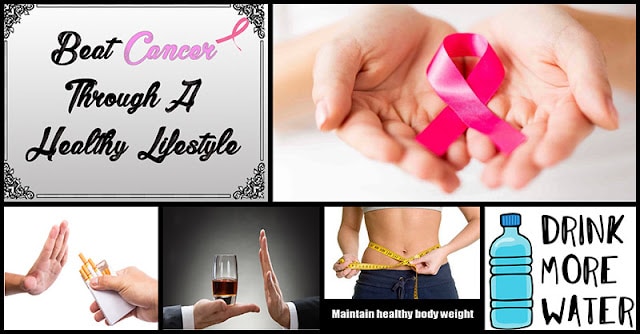A lot of studies try to determine the most effective ways of preventing cancer. Since there were lots of factors that could determine cancer risk, health experts suggest studying one’s family’s medical history and trying to live a healthy lifestyle.
Cancer Prevention Through Healthy Habits
A professor of medicine in the Division of Hematology/Oncology at Penn State Cancer Institute named Maria Baker explained that while there are varying elements that could define a healthy lifestyle, current recommendations often include regular aerobic activity for about 30 minutes at least five times a week. Sher further added that for each workout session, individuals need to incorporate weight-bearing exercises.
Other common suggestions from experts often include the following:
- Quitting smoking
- Limiting sun exposure
- Limiting alcohol consumption
- Maintaining a healthy weight for one’s age and height
- Observing a balanced low-fat and high-fiber diet with lots of fruits and vegetables
Baker said that not everyone would benefit from genetic testing in confirming one’s predisposition to a type of cancer. It’s our obligation to look into our personal and family history.
Furthermore, Baker stresses out the importance of having a good communication with relatives to talk about family medical history. Having this information is necessary to have access to data like common disorders and diseases among your family members.
In addition to this, a family medicine physician at Penn State Medical Group in Harrisburg named Dr. Sarah Ines Ramirez said that:
“In most cases, healthcare professionals would refer to a patient’s medical chart. A patient will also need to answer questions about their habits, lifestyle, occupation, where and who they live with. Patients also have to stay updated when it comes to their screenings and developments in their family or personal medical history.”
Factors like alcohol consumption, smoking, body mass index, and menstrual patterns can often help healthcare professionals monitor screenings that can help catch or prevent cancers at an early age.
For example, even if you don’t smoke but you are regularly exposed to secondhand smoke, you may be at risk of lung cancer.
Healthcare professionals would benefit by making an effort to learn more about their patient, Ramirez noted. She added that an individual, though he doesn’t regularly consult a healthcare professional, could be more active when it comes to their health by asking about their family health history inquiring if they require any preventive treatments, and being honest with a healthcare expert.
Other Lifestyle Tips That Can Help Prevent Cancer
Stick To Whole Grains
Choose whole wheat and other whole grains. Sugary pastries, pasta, white bread, and potatoes have a high glycemic load or a measurement of how quickly food can make your blood sugar rise. Women with high glycemic load have a higher risk of colorectal cancer compared to those who eat low glycemic foods. Usually, whole grains have a low glycemic load.
Eat Lots Of Dark And Leafy Greens
Make a salad with dark and leafy vegetables as the chlorophyll that gives them their color is full of magnesium. In women, magnesium can help lower their risk for colon cancer, according to studies. Consume half a cup of cooked spinach, which contains 75 milligrams (mg) magnesium or 20 % of the daily value
Stay Hydrated
A simple way to lower your risk of bladder cancer is by drinking more water. Staying hydrated can help dilute the concentration of cancer-causing agents in urine, and water helps in flushing them out quickly through the bladder. Have at least 8 glasses of water a day.
Eat Some Brazil Nuts
Brazil nuts lessen the risk of bladder cancer in women because they are rich in selenium. Selenium boosts the immune system and protects cells from free radical damage. Furthermore, an antioxidant can also prevent the formation of blood vessels that cause tumors.









